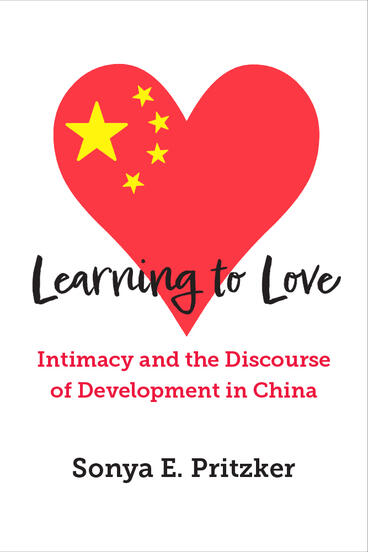Learning to Love
Intimacy and the Discourse of Development in China
Understanding generational trauma through a method of self-care
Description
Learning to Love offers a range of perspectives on the embodied, relational, affective, and sociopolitical project of “learning to love” at the New Life Center for Holistic Growth, a popular “mind-body-spirit” bookstore and practice space in northeast China, in the early part of the 21st century. This intimate form of self-care exists alongside the fast-moving, growing capitalist society of contemporary China and has emerged as an understandable response to the pressures of Chinese industrialized life in the early 21st century. Opening with an investigation of the complex ways newcomers to the center suffered a sense of being “off,” both in and with the world at multiple scales, Learning to Love then examines how new horizons of possibility are opened as people interact with one another as well as with a range of aesthetic objects at New Life.
Author Sonya Pritzker draws upon the core concepts of scalar intimacy—a participatory, discursive process in which people position themselves in relation to others as well as dominant ideologies, concepts, and ideals—and scalar inquiry—the process through which speakers interrogate these forms, their relationship with them, and their participation in reproducing them. In demonstrating the collaborative interrogation of culture, history, and memory, she examines how these exercises in physical, mental, and spiritual self-care allow participants to grapple with past social harms and forms of injustice, how historical systems of power—including both patriarchal and governance structures—continue in the present, and how they might be transformed in the future. By examining the interactions and relational experiences from New Life, Learning to Love offers a range of novel theoretical interventions into political subjectivity, temporality, and intergenerational trauma/healing.
Sonya E. Pritzker is Associate Professor in the Department of Anthropology at the University of Alabama.
Reviews
“This is a very inspiring and interesting book that raises penetrating questions regarding the social phenomenon of psycho-spiritual cultivation of the authentic inner self among a group of urban middle class people (mostly women) in a northern Chinese city.”
- Yunxiang Yan, UCLA
“Learning to Love is outstanding. It engages and speaks to multiple bodies of research, offering an entirely new perspective on the politics of self-development in contemporary Chinese society with remarkable subtlety and nuance.”
- Teresa Kuan, Chinese University of Hong Kong
News, Reviews, Interviews
Interview: Sonya E. Pritzker examines the efficacy of group therapy in contemporary China with JSTOR | 07/17/2024

